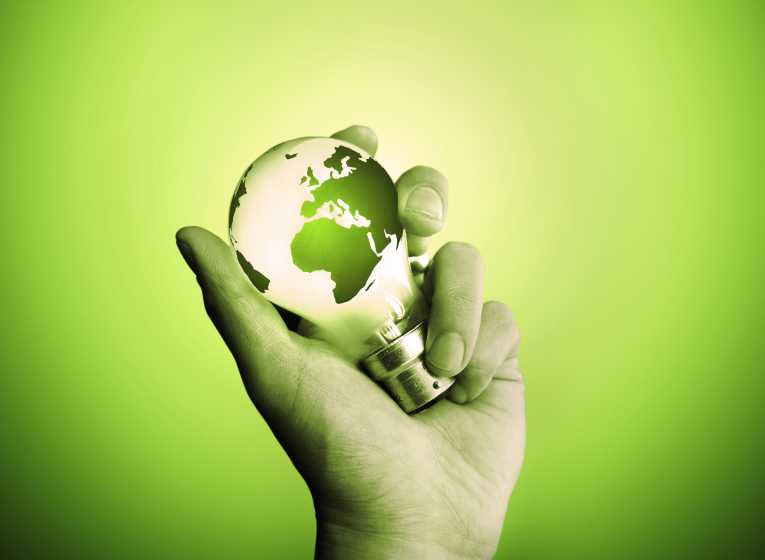It's time to step up the pace says WWF, which is calling on governments to take speedy, co-operative action on creating the clean technologies which will help mitigate the effects of climate change.
Observing that current United Nations climate talks in Bonn do little more than 'creep forward', WWF has issued a report examining the state of nine economies - China, India, Kenya, Tanzania, Uganda, Ghana, the Netherlands, Sweden and the EU - and assesses how they can move to a low carbon future.
Enabling the Transition - Climate Innovation Systems for a Low Carbon Future, calls for concerted action from governments, working together to back the private sector in developing clean technologies.
Samantha Smith, leader of WWF's Global Climate and Energy Initiative urged governments to lay the ground for such a change in the current Bonn talks - merely a precursor to the full climate conference in South Africa later this year - and to make the investments needed to get green entrepreneurs off the ground.
Among the first actions governments should take says the report is to switch the $200-500 billion currently spent on fossil fuel subsidies into investment in sustainable energy.
"The overwhelming majority of capital required for making the transition to low carbon will come from private sources, and that money will flow where it expects to achieve the highest return on investments. We need to discuss how to attract private capital to climate innovations, including targeted support from public funds" said Magnus Emfel, Manager Climate Innovations at WWF Sweden and editor of the report.
"The UNFCCC should send a clear signal to countries about the level of ambition for low carbon innovation," said Samantha Smith. "Unfortunately, progress in Bonn is sluggish at best - our report shows how governments could move into the fast lane."
Top Image Credit: © James Thew










